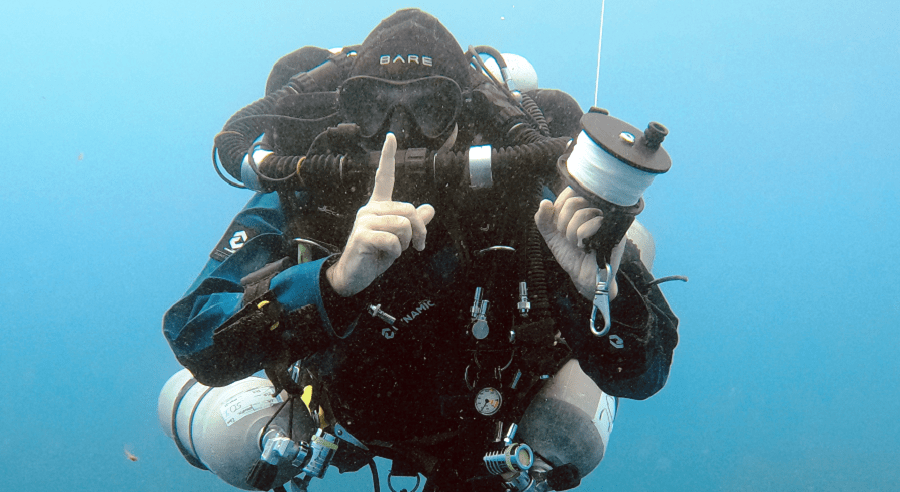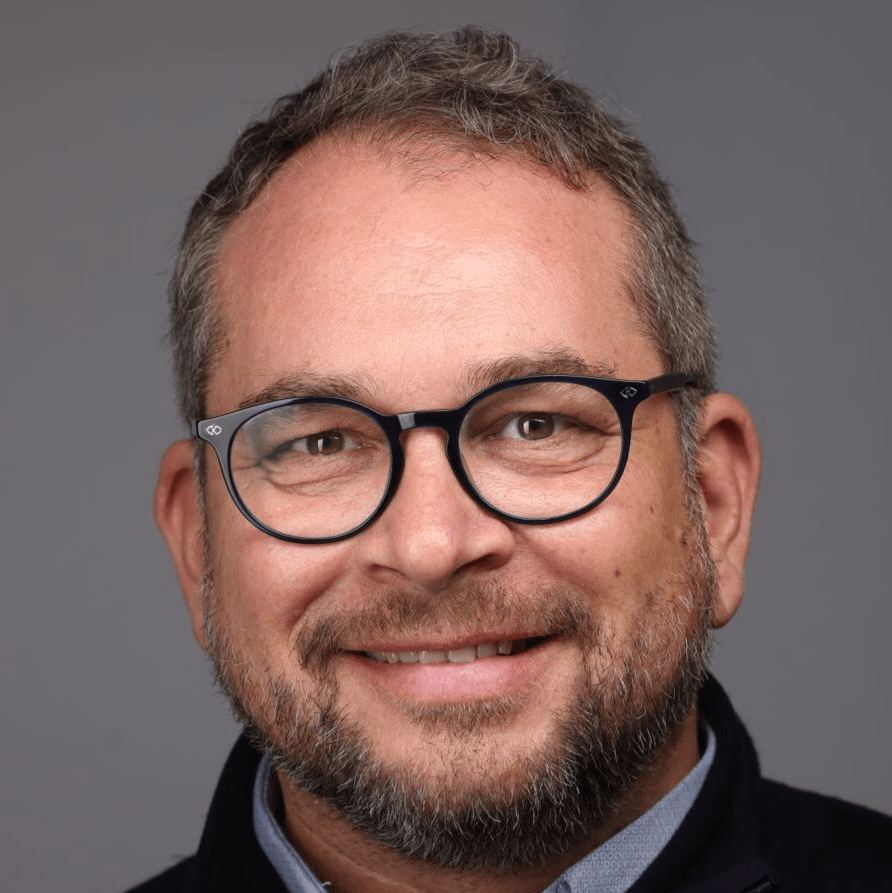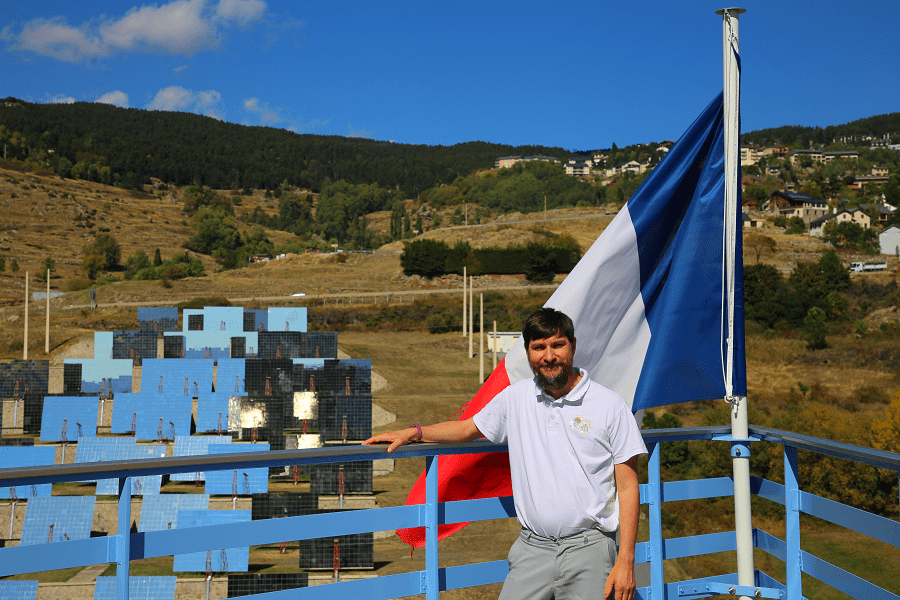The rector of MGIMO University, Doctor of history and Candidate of political science, Anatoly Torkunov talks about the importance of political science in the context of the modern world, dark spots in the history, the complicated situation around North Korea, this year’s entrance exams to MGIMO, and new programs that are actively being developed by the university at the moment
Moscow State Institute of International Relations, often abbreviated to MGIMO is considered to be the most elite university in Russia. It was dubbed the “Harvard of Russia” by Henry Kissinger because it educates so many of Russia’s political, economic, and intellectual elite. Currently, it has the highest test scores of any university in the country.
MGIMO has high and impressive rates in international universities rankings, like in 2016 when it was ranked first in the world in the QS Graduate Employability Rankings; “Employment within a year after graduation”, out of the 350 in the world (and 5th in Russia), leaving behind many leading foreign universities, including the University. J. Washington, American University, Paris Descartes University and the University of Kent. It is the only university in the world listed in the Guinness Book of Records – named the only educational establishment teaching 53 foreign languages full-time.
Today we are talking with Anatoly Torkunov about new programs and approaches that are used in the university, the main geopolitical challenges of our time, the importance of political science, the complicated situation around the Korean peninsula, dark spots in the history, as well as much more.
Anatoly, it would be interesting to know – how do you see, as a candidate of political science, the role of politology in the modern world?
Political science is a university specialty. But many professionals that work in this area don’t have a special political science education, they are from the natural science circles. And this is really great because politology together with natural science breeds the synergy that helps us to do projections using methods of mathematical analysis.
In general, political science is developing very rapidly, in Russia as well. I am a co-president of the Russian Association of Political Science, and the conference that is organized by the Association once every two years is very popular, around 1000 political science specialists from all over Russia take part in them.
The importance of political science in the modern world is high. But on the same hand, the relevance of this discipline is different from country to country. I don’t wish to offend anybody, but if we look at the USA’s policy in the Middle East during the last few years (that started with the situation in Iraq) it can be seen as an example of a policy that was not based on systemic knowledge of this region that was accumulated in sufficient number by Arabs. This led to a number of mistakes that undermined the stability in this region. And we are still observing the results of these mistakes. Besides the people from scientific circles, many American politicians are starting to understand it.
But if political science is used correctly it could be an effective instrument for the authorities for analysis and projections and for updating real politics inside the country. Only by being based on scientific knowledge and understanding society’s trends, we will be able to build the policy that will be in line with the zeitgeist and needs of the people.
And what major developments that rapidly changed the world order and geopolitical situation can you note from a politologist point of view?
If we look at them in chronological order, think first of all about the revolutionary movement in Arabic countries, which led to a higher level of involvement in the USA’s and Russia’s Middle Eastern policies and created a serious factor of instability in this region which we are observing at the moment.
Of course, an important development that changed Russia’s relations with Europe, the USA and the rest of the world is Russia’s reuniting with Crimea.
A serious factor is the increased tensions between the USA and China that have almost turned into a trade war. These countries are trying to find a compromise but have not succeeded yet. And without a doubt, it has had a deep impact on their political relations. Americans have become very suspicious about China’s Silk Road plan, they think that it is not only an economic project, but also a military-strategic one, and in contrast to China, they are lobbying their own plan to the Pacific Union, which has to incorporate countries such as the USA, India, Australia and Japan. All these tensions become a serious factor of modern reality that has a deep impact on all the Eurasia and Pacific regions. The fact that China already bypassed the USA in terms of purchasing-power-parity highlights the seriousness of this confrontation.
There is also North Korea’s problem, which is a permanent one. At some point it was very raw, now it has been defused to some degree. But it is still a big unsolved problem.
What ways of solving this problem do you see as a specialist in Korea with a full understanding of this situation?
We have to understand that it will last for a long time. There is only one way to solve it – through negotiations and looking for compromises to come to a solution.
North Korea will never renounce the nuclear weapons they have. It is true that we don’t really know how big their nuclear arsenal is and the level of their missile-delivery systems, but it’s a fact that they did a series of nuclear tests and that they will continue to develop their nuclear program. North Koreans will not give up before they feel that their country is safe enough.
Examples like Livia’s case are very emblematic for them. The last negotiations with the USA did not lead to any results. America insisted on immediate and full disarmament and this approach could not be followed by North Korea as it will eliminate all their tools of influence that could be used in the negotiations.
We saw many attempts to solve this case in the past – during Kim Il Sung times Jimmy Carter went to North Korea as a peacemaker; state secretary Madeleine Albright was negotiating Kim Jong-il, but this problem still exists.
It is really important not to stop and to continue this international negotiating process. Besides the importance of the USA-North Korea negotiations, this problem can’t be solved without Russia and China. We have to use all sorts of new diplomatic contacts and tools to find a solution, but for sure it will be a long journey and many years of negotiations will have to follow. There is no way to solve this problem quickly; I can’t call myself an optimist when I look at this.
As a historian, do you see any examples in the past of cases that can be somehow compared to the current situations with North Korea? And if there are any of these examples, what kinds of solutions were found for solving such problems?
Unfortunately, I almost do not see any positive historical examples. Divided countries cases are always very dramatic. The typical example could be the current situation in Yemen, where the north and the south of the country got reunited into one country again.
But do you think that maybe the reuniting of GDR (East Germany) and FRG (West Germany) could be a positive example of finding a solution for such a crisis?
Well, GDR and FRG is a different type of story. Despite some small differences in the mentality of the citizens in the western and eastern parts of Germany, even in the period when the east and west was divided into two countries, they always managed to stay close to each other and to share one cultural space. There was still a lot of contact between people and they read newspapers and listened to each other’s radio stations.
The situation around North and South Korea is radically different this is two countries who have gone really far in their alienation. And this is not only about their political regimes and social-economic systems it goes even deeper to cultural and even language differences. They already have around 1400 common words that are different in their meanings in the North and South. Many philologists explored this phenomenon, for instance, my, unfortunately, recently deceased teacher, Valentina Dmitrieva dedicated a few articles to this theme.
But in so doing, North and South Korea still have common cultural traditions that are mostly based on Confucianism, besides the radical differences in their regimes. Actually starting from the 18th century, Koreans felt themselves, not China, as the main keepers of traditional and conservative Confucianism values.
How did it happen that Korea took the role of the main adept of Confucianism which came from China?
There was a lot of trouble in China at that time and then it was conquered by Manchurians. Later when China opened itself to the world, opium wars and everlasting rebellions started. At that point, Koreans convinced themselves that they and their scientists were the dissenters of pure Confucian ideas.
Korea was open to the rest of the world only in the middle of the 19th century, at that moment China had already been open for a long time and was trading with many countries. And being a closed country for such a long time (and called the Hermit Kingdom), helped Korea to keep its cultural traditions. And we can say that Confucianism helped Koreans to keep their national identity during Japan’s colonial rule. And they succeed in it, despite Japan’s aggressive policy which was changing even traditional Koreans names into Japanese ones during its colonial rule.
It would be interesting to know, what is your point of view as a historian on today’s very popular ideas of alternative history?
I follow the traditional history approach. I know some of the works in the field of alternative history and even have some books at home by Anatoly Fomenko – one of the leading adepts of alternative history ideas in Russia. However, if to be true, I didn’t explore the theme deeply – for me, they are not persuasive.
For me, history is first of all based on a big number of historical documents. We have more than enough of them and they tell us that traditional chronology is the reality.
Of course, there is a lot of room for conspiracy theories. For example, if we have a look into a complicated time in Russia’s history like the Dark Times, we can see that almost all the documents that are connected with the time of False Dmitry’s ruling were destroyed by the organizer of the takeover, Vasily Shuisky, whose goal was to get rid of any signs of this period. But some documents survived and based on them we could say that False Dmitry was a quite controversial figure, he had adopted many progressive laws. But it happened in a way that mostly all the evidence that shows the positive part of this historical character was destroyed, we have just a few left.
It looks like we don’t know much about this Dark Time period and it could be called if not a white spot in history, then a grey one for sure?
I agree that there are a lot of unclear things for us in this period. But we now have a lot of research by big historians about those times, for instance, a lot of works were published in 2012 when we had the anniversary of the end of Dark Times in Russia.
However, each era is editing the description of the previous one. In Europe, this editing was usually connected with the changing of the ruling dynasties or with the coming of some invaders. But nobody succeeds in totally re-writing history, by any means a lot of documents of the previous era’s survived, especially in the big European countries. If we talk for example about France, there are still hundreds of thousands of documents that have been carefully archived since Charlemagne times. It is known that during the French Revolution soldiers that were out of bullets were robbing archives and were making bullets from the ancient documents. Can you just imagine how many documents were destroyed during this mess? But we still have plenty of them. Russia, in this case, is not so lucky we don’t have such a large number of historical documents.
So, generally, your point of view is that we have a basic understanding about historical events and their chronology, but still we have some unclear moments, that will be never totally clarified because they are already a part of history?
Of course, some things will stay unclear and also there will be different interpretations of the events. Almost all the historical documents that we have on Earth were already carefully explored by scientists. But sometimes unexpected surprises that help us to find a deeper understanding of a particular era happens. One of these surprises was the discovery of Qumran Manuscripts or the Dead Sea Scrolls in 1947. It is very possible that some evidence like this is yet to be found.
You just took part in the St. Petersburg Economic Forum. What were your main impressions of this event and how do you see it in a historical context?
St. Petersburg Economic Forum is already a well-established event that is very popular and has a great demand. This year 14 000 people from 143 countries took part in it. I met a lot of acquaintances from all over the world there and spoke to a big number of interesting economists and businessmen. I took part in 4 sessions – one of them was under regarding Russia-France dialogue about cooperation in the areas of culture and education. Even this Forum is called Economic, many themes that step far beyond the economics borders are discussed there.
The main events included the President’s meeting with the tremendous visitors of the Forum. This year he was meeting the chairman of the People’s Republic of China – Xi Jinping, the UN secretary-general – António Guterres, the President of Bulgaria – Rumen Radaev, and the President of Slovakia – Zuzana Čaputová.
It is very important that there is a lot of live communication, this sort of contact will never be replaced by online communication as it develops personal relationships between people.
In the meantime, as I understand, you will be mainly concentrating on the entrance examinations to MGIMO. How are the preparations going this year, what faculties have the biggest demand?
In general, we don’t have university entrance exams per se in the Russian education system. Students generally enter MGIMO based on their scores in the government school exams and then they take part in a competition. We have very high requirements for the pass marks required. For state paid students, the pass mark is 96.4 (which means that these applicants must be straight A students in almost all disciplines), and for fee-paying departments, it is 86, which is a very high level too.
Generally, we have only one entrance exam in MGIMO – which is for foreign languages. It is very important to understand the student’s level of the schooling language, taking into account the future workload with other disciplines and additional classes that many of them start to learn in the university.
The most popular faculty (as always) is foreign affairs (with a competition of 40 to 1) and the law faculty (with a competition of 30 to 1)
Are you testing and developing some new programs and approaches in MGIMO at the moment?
We are actively developing a joint master degree programs with the leading world universities. After finishing them, our students will receive two diplomas – the MGIMO one and one from our partner-university that takes part in this joint program. We have partnerships with 30 universities from England, the USA, France, Norway, Italy and South Korea.
Also, we are intensively developing our joint programs with local Russian universities. When there is not enough of our own competence in some areas, we go to the leading specialists. We just prepared a joint program about AI with the Moscow Technical and Physical Institute and a program for the specialists in agrarian economy with Kuban and Stavropol Agrarian Universities. Also, we are developing the sports diplomacy program together with the Moscow Institute of Physical Culture. And we respond to the requests we have been given, especially related to digitalization, and linked to it we launched a new program of digital and innovative economy. Each year we are opening new programs and rapidly developing them.
Anatoly, thank you very much for this interesting interview and we hope you have more interesting and talented students that will enter this year and good luck in all the developments in MGIMO.
Interview: Ivan Stepanyan











